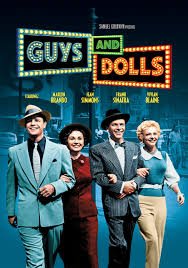The Green Knight is a film I managed to catch on showtime after seeing it on release. Interesting to try Arthurian Lore in such a mythological way, rather than the dramatic thrust many take with Arthur and Lancelot in a love triangle, but I think it makes it one of the most interesting and slept on films in 2021.
Dev Patel does a great job as Gawain, subtly showing internal strife and fear with a sense of stoicism covering it all. He’s great in Slumdog Millionaire, but here the drama isn’t as loud and catchy as the Bollywood style would require.
There’s just enough tension in the mysticism and magic of the actual Green Knight to push you through a slow start to some really beautiful locations and CGI myths made real, but don’t expect a thrill ride. There’s tons of symbolic imagery to dig through and allegorical temptations to the Christian soul that get creepy-sexy, but loyalty to the spirit of the text shines through. It’s no Once and Future King, but the slow and beautiful film deserves a watch if you’re in the mood for the old English kind of magic.
Dev Patel does a great job as Gawain, subtly showing internal strife and fear with a sense of stoicism covering it all. He’s great in Slumdog Millionaire, but here the drama isn’t as loud and catchy as the Bollywood style would require.
There’s just enough tension in the mysticism and magic of the actual Green Knight to push you through a slow start to some really beautiful locations and CGI myths made real, but don’t expect a thrill ride. There’s tons of symbolic imagery to dig through and allegorical temptations to the Christian soul that get creepy-sexy, but loyalty to the spirit of the text shines through. It’s no Once and Future King, but the slow and beautiful film deserves a watch if you’re in the mood for the old English kind of magic.



